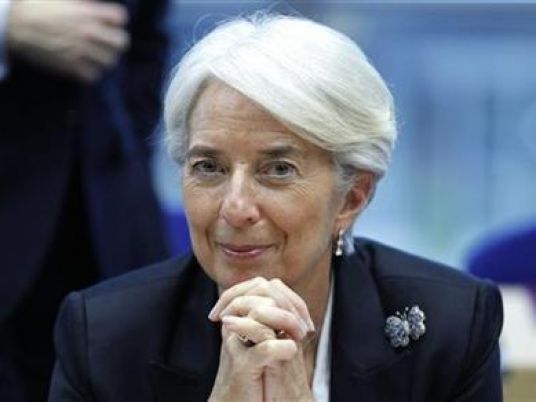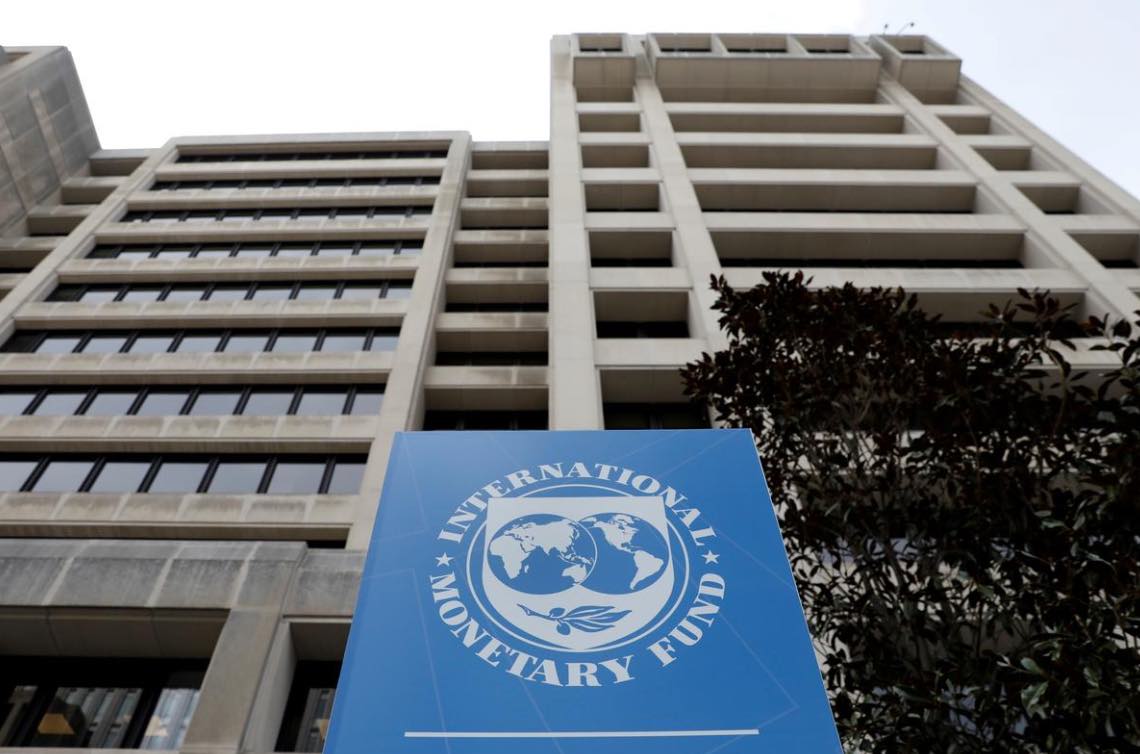
Egypt won International Monetary Fund approval on Friday for a three-year, $12 billion bailout program aimed at reviving a struggling economy, bringing down public debt and controlling inflation while seeking to protect the poor.
The IMF said its executive board's approval immediately disbursed an initial loan tranche of $2.75 billion to Egypt's central bank. The remainder will be phased in over the next three years subject to five reviews on required reforms.
The injection of new funds increased the Central Bank of Egypt's foreign reserves to $23.3 billion, state television said in Cairo.
IMF Managing Director Christine Lagarde described the Egypt bailout as a "homegrown economic program" that the IMF will support "to address longstanding challenges to the economy."
"These include a balance-of-payments problem manifested in an overvalued exchange rate and foreign exchange shortages, large budget deficits that led to rising public debt and low growth with high unemployment," Lagarde said. "The authorities recognize that resolute implementation of the policy package is essential to restore investor confidence."
Import-dependent Egypt has struggled to attract U.S. dollars and revive its economy since tourists and investors fled after the 2011 uprising that ended Hosni Mubarak's 30-year rule.
Facing a gaping budget deficit, plummeting foreign reserves and a burgeoning currency black market, it agreed the IMF loan in August but had to secure around $6 billion in bilateral financing for the deal to be completed.
Egypt made the final push for the loan after the central bank abandoned its currency peg of 8.8 pounds to the U.S. dollar last week in a dramatic devaluation move welcomed by the Fund and World Bank. The pound traded at just over 16 to the dollar on Friday.
The government of Egyptian President Abdel Fattah al-Sisi also took other key steps required by the IMF, including passage of a value-added tax to raise revenues and reductions in fuel subsidies. The program also requires legislation to reduce Egypt's public sector wage bill.
The IMF said the program is projected to reduce Egypt's debt-to-GDP ratio, now hovering near 100 percent, by about 10 percentage points over three years.
But some of the fiscal savings from austerity measures will be used to strengthen social safety nets, including by increasing food subsidies and direct transfers to the poor.
Lagarde also emphasized that Egypt needs to make structural reforms to its economy such as streamlining regulations for business start-ups, passing insolvency reforms and labor reforms aimed at increasing labor participation.
The $12 billion IMF program also will be accompanied by about $6 billion in bilateral financing contributed by China, the United Arab Emirates, G7 countries, bank loans and bond issues. Those transactions are expected to be announced separately.




